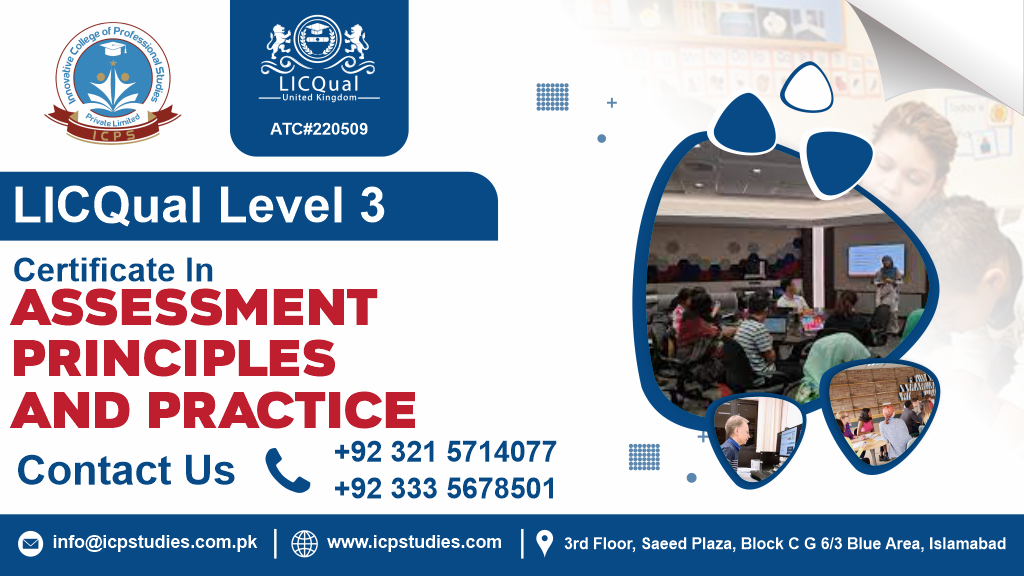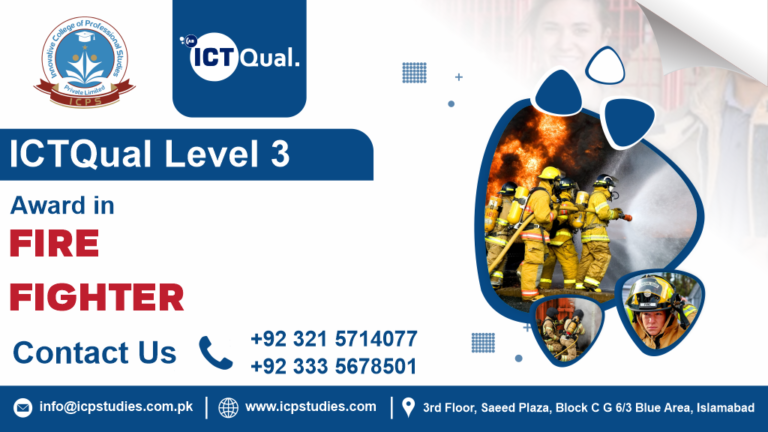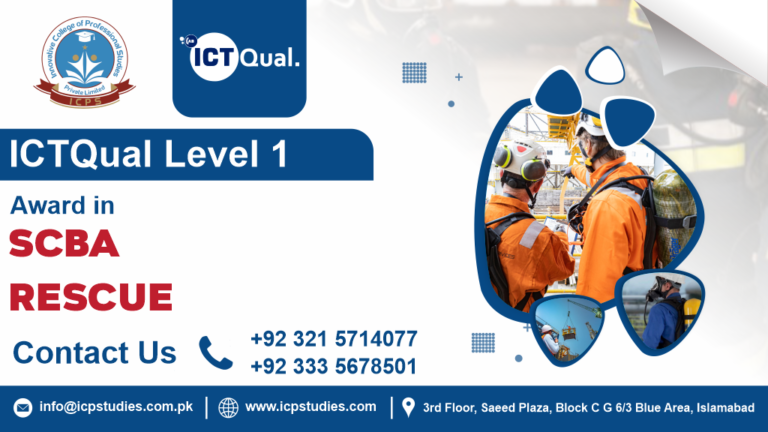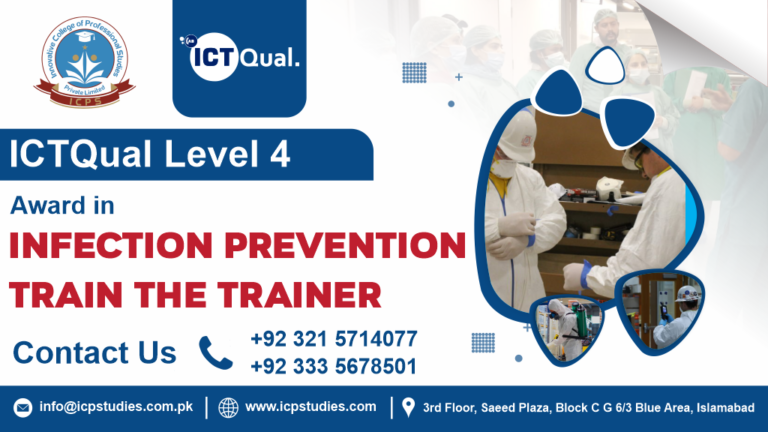Our certificate program is accredited by leading industry bodies, ensuring that your qualification is recognized and respected by employers worldwide.
Learn from seasoned experts who bring real-world experience to the classroom. Through interactive workshops, case studies, and simulations, you’ll develop practical skills that you can apply immediately in your professional life.
Our flexible learning options allow you to balance your studies with your existing commitments. Whether you prefer in-person classes, virtual sessions, or self-paced online modules, we have a learning format that suits your needs.
Armed with a LICQual Level 3 Certificate, you’ll unlock a world of career opportunities in industries such as finance, healthcare, construction, energy, and more. From risk analyst to compliance officer, the possibilities are endless.
Don’t let uncertainty hold you back – seize the opportunity to elevate your career with the LICQuid Level 3 Certificate in Risk Assessment Principles and Practice. Enroll now and embark on a journey toward professional excellence and success.
All About Level 3 certificate in Risk Assesment principles and practice
Course Overview
The LICQual Level 3 Certificate in Risk Assessment Principles and Practice is a comprehensive course designed to provide participants with a deep understanding of risk assessment principles and their practical application in various professional settings. Developed by experts in the field, this course aims to equip individuals with the knowledge and skills needed to identify, assess, and manage risks effectively.
Participants will learn about the fundamental concepts and theories underlying risk assessment, including risk identification, analysis, evaluation, and treatment. They will explore different types of risks and their potential impact on organizations.
The course delves into various risk assessment methodologies and techniques used to systematically identify and analyze risks. Participants will gain hands-on experience in applying these methodologies through practical exercises and case studies.
Upon successful completion of the LICQual Level 3 Certificate in Risk Assessment Principles and Practice, participants will have gained a valuable credential that demonstrates their proficiency in risk assessment and management. This qualification can open doors to various career opportunities in sectors such as finance, healthcare, construction, energy, and more, where risk management skills are in high demand.
Study Units
Learning Outcomes
Here are the expected outcomes for each study unit:
- Introduction to Risk Assessment:
- Understand the fundamental concepts and principles of risk assessment.
- Identify the importance of risk assessment in various industries and sectors.
- Recognize the key stakeholders involved in the risk assessment process.
- Explain the objectives and benefits of conducting risk assessments.
- Risk Identification:
- Develop skills to identify potential risks and hazards in different environments.
- Learn techniques for systematically identifying risks, including brainstorming, checklists, and process mapping.
- Understand the importance of involving stakeholders in the risk identification process.
- Apply critical thinking to recognize both internal and external risks that may impact an organization.
- Risk Assessment Techniques:
- Gain knowledge of different risk assessment methodologies and tools.
- Learn how to conduct qualitative and quantitative risk assessments.
- Understand the strengths and limitations of various risk assessment techniques.
- Practice using risk assessment software and other technology-based tools for data analysis.
- Risk Evaluation and Control:
- Learn how to evaluate the significance and potential consequences of identified risks.
- Develop skills in prioritizing risks based on their likelihood and impact.
- Explore strategies for risk control and mitigation, including avoidance, reduction, transfer, and acceptance.
- Understand the concept of residual risk and how to manage it effectively.
- Communication and Documentation:
- Learn effective communication strategies for conveying risk assessment findings to stakeholders.
- Understand the importance of clear and concise documentation in the risk assessment process.
- Develop skills in preparing comprehensive risk assessment reports and action plans.
- Explore methods for engaging stakeholders and obtaining their input and feedback on risk assessment outcomes.
By the end of the course, participants should have acquired a comprehensive understanding of risk assessment principles and practices, along with practical skills that can be applied in real-world scenarios. They should be able to confidently identify, assess, and manage risks, communicate findings effectively, and contribute to the development of risk management strategies within their organizations
Admission Criteria
Here are the typical entry requirements for the LIQual Level 3 Certificate in Risk Assessment Principles and Practice:
- Educational Qualifications:
- A minimum of a high school diploma or equivalent qualification is typically required for enrollment in the course.
- Some institutions or training providers may have specific educational requirements, such as completion of certain courses or prerequisites in related fields.
- Work Experience:
- While prior work experience is not always mandatory, participants with relevant professional experience in areas such as risk management, health and safety, compliance, or related fields may find the course content more accessible and applicable.
- Work experience may also enhance participants’ understanding of risk assessment concepts and their ability to apply them in practical scenarios.
- Language Proficiency:
- Since the course materials and instruction are typically delivered in English, participants should have a sufficient level of proficiency in the English language to understand and engage with the content effectively.
- Some institutions may require proof of English language proficiency through standardized tests or other means.
- Computer Literacy:
- Basic computer literacy skills are often required, as participants may need to access online learning platforms, utilize software tools for risk assessment, and communicate electronically with instructors and fellow participants.
- Proficiency in using common office software applications such as word processing, spreadsheets, and presentation software may also be beneficial.
- Commitment and Motivation:
- Participants should demonstrate a strong commitment to completing the course and actively engaging with the learning materials and activities.
- Motivation to learn and a genuine interest in risk assessment principles and practices are essential for successful completion of the course.
- Additional Requirements:
- Some institutions or training providers may have additional requirements, such as undergoing a pre-course assessment or interview to assess participants’ suitability for the program.
- Certain courses may have specific prerequisites or recommended background knowledge in areas such as mathematics, statistics, or business administration.
Overall, the entry requirements for the LIQual Level 3 Certificate in Risk Assessment Principles and Practice aim to ensure that participants have the necessary foundational knowledge, skills, and attributes to benefit from the course and succeed in their learning objectives.
Ideal Candidate
The LIQual Level 3 Certificate in Risk Assessment Principles and Practice is designed for individuals who are seeking to develop expertise in risk assessment principles and their practical application in various professional contexts. This course is suitable for a wide range of participants, including:
- Risk Management Professionals: Individuals already working in risk management roles who wish to enhance their knowledge and skills in risk assessment techniques, methodologies, and best practices.
- Health and Safety Professionals: Professionals responsible for ensuring workplace health and safety who want to deepen their understanding of risk assessment processes and improve their ability to identify and mitigate workplace hazards.
- Compliance Officers: Professionals tasked with ensuring organizational compliance with regulatory requirements who seek to broaden their knowledge of risk assessment principles and strengthen their risk management capabilities.
- Business Owners and Managers: Entrepreneurs, business owners, and managers who are responsible for overseeing risk management activities within their organizations and wish to gain insights into effective risk assessment strategies.
- Consultants and Advisors: Risk management consultants, advisors, and auditors who provide services to organizations across various industries and want to stay updated on the latest trends and practices in risk assessment.
- Recent Graduates: Graduates with a background in fields such as business, finance, engineering, or health and safety who are looking to enter the field of risk management and want to acquire relevant skills and credentials.
- Career Changers: Individuals considering a career change or transitioning into roles that involve risk assessment and management, such as risk analysts, risk coordinators, or compliance specialists.
- Anyone Interested in Risk Management: Individuals with a general interest in risk management who want to gain a comprehensive understanding of risk assessment principles and practices, regardless of their current profession or industry.
Overall, the LIQual Level 3 Certificate in Risk Assessment Principles and Practice caters to a diverse audience of professionals and aspiring risk management practitioners who are committed to advancing their careers, enhancing organizational resilience, and contributing to effective risk management practices in their respective fields.
Level 3 certificate in Risk Assessment principles and practice






